
What is the CFA Exam? Things You Need to Know Before Enrolling
-
Key Takeaways
- Clarity on the syllabus, structure and registration process of CFA level 1.
- Most efficient way to prepare, learn and succeed in the CFA program without being overwhelmed.
- Know actionable tools, tips and strategies to make yourself organized, focused and motivated for the CFA exam and journey.
Introduction
Chartered Finance Analyst (CFA) is a globally accepted and recognised certification for the finance professionals, specialised in investment, portfolio and risk management sector. CFA provides access to the career pathways of equity research, corporate finance and wealth management. It is perfect for people who want a high paying and future proof job without an MBA degree. With increasing competition in job markets all over the world, CFA exam can provide you the edge over others considering knowledge and specific skill sets.
If you are still not sure whether CFA is right for your career or you are just enrolled in the program, this blog will help you decide for yourself. Here we will discuss about scope of CFA, curriculum of the exam, difficulty levels, registration and eligibility to take the exam, exam strategies, preparation requisites and facts about the exam.
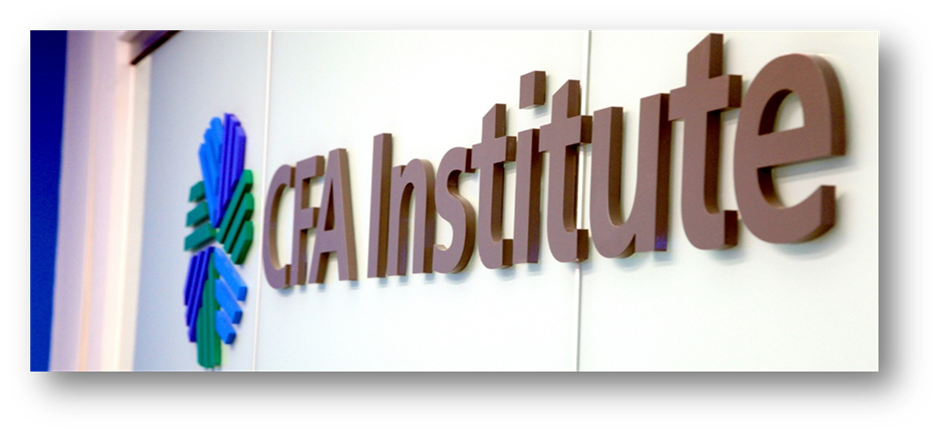
Scope of CFA and Career pathways
CFA has a global and broad scope in the financial sector. It provides overall knowledge on financial decision-making which will help in following career scopes:
-
- Portfolio management.
- Financial Consulting
- Corporate Finance.
- Equity Research.
- Investment Banking.
- Risk management.
- Financial analyst.
- Research associate.
- Asset manager
The knowledge will also help in other financial roles and in decision making for entrepreneurship.
Registration and Fees
For CFA registration, a valid international travel passport is required. The fees details include the following:
-
- 2025 pricing (per exam sitting): Early registration costs USD $990; Standard registration is USD $1,290 and one‑time enrollment fee is USD $350 for first‑time Level I registration. Rescheduling within the same window costs USD $250 plus any applicable taxes. All deadlines open 9:00 AM ET and close 11:59 PM ET. Local taxes may apply at checkout.
- 2026 pricing change notice: For exams seated in February 2026 and beyond, the one‑time enrollment fee is eliminated and registration tiers increase to USD $1,140 (early registration) and USD $1,490 (standard registration) for Levels I–II. For CFA Level 4, the price has changed to USD $1,240 (early registration) and USD $1,590 (standard registration) for Level III. These changes do not affect 2025 sittings.
- Windows and timing: CFA exams are held four times a year — typically February, May, August, and November. The exact date ranges and open/close registration windows are mentioned in our interactive calendar. Appointment availability is first‑come, first‑served at Prometric centers.
- Deferrals, refunds, and policies: Approved emergency deferrals carry a processing fee beginning with 2025 exams. Standard reschedules within the same window cost USD $250. However, missed or unscheduled appointments are non‑refundable and non‑transferable. Review deferral, refund, and admission policies before registering.
Eligibility
Either of the 3 criteria can be considered to be eligible for the CFA Program. The following criteria should be met at the time of registration:
-
- Graduate in any discipline.
- Work experience of more than equal to 4 years.
- Combination of 4000 hours of higher education and/or work experience that was acquired over a minimum of three consistent years and not overlapping.
In case you are an undergraduate:
-
- You may take the CFA Level 1 exam 23 months before your graduation month.
- CFA Level 2 can be taken 11 months before your graduation month.
CFA exam levels and format
-
- Level 1: This level contains 180 multiple-choice questions divided proportionally into 2 sessions of 135 minutes each or 2 hour 15 minutes.
- Level 2: This level contains 22 item‑set vignettes with 88 MCQs across two 132‑minute sessions or 2 hours 12 minutes.
- Level 3: This level contains mixed item sets and constructed response (essay) sets split into two 132‑minute sessions.
Pass rate
-
- Level 1 and 2 would have a 42% to 45% pass rate
- Level 3 will have a pass rate around 50%
Now, you have a clear understanding of the exam format and expectations. This is a professional exam and the competition is real. Focus on the right approach and hard work to achieve success. Now, we move on to the syllabus and curriculum of the exam.
CFA level 1 curriculum
CFA level 1 curriculum is incorporated with 10 subjects which you need to learn thoroughly. The following are the subjects of the syllabus of CFA level 1 exam:
Core subjects
-
- Ethical and Professional Standards
- Quantitative Methods
- Economics
- Financial Reporting and Analysis
- Corporate Finance
- Equity Investments
- Fixed Income
- Derivatives
- Alternative Investments
- Portfolio Management
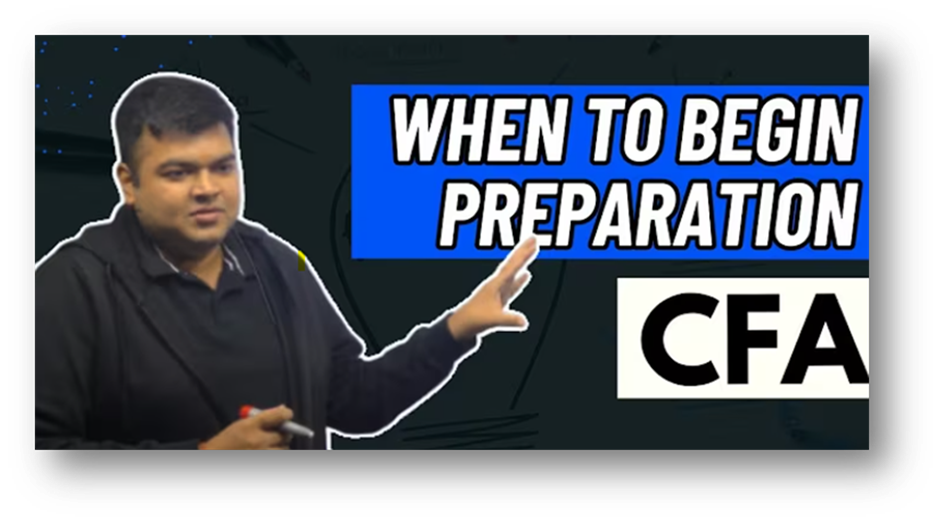
When to start preparation
-
- Students generally enrol anytime between 4-8 months before the exam, some starting as early as a year before as well.
- It is recommended that at least 6 months prior to the exam should be considered to start preparation. You need to plan your requirement of preparation time based on some factors. These factors include, whether you are a student or working professional, how much time you can allocate to study weekly and your familiarity with finance.
Exam preparation and strategy
-
- Studying should be done from a single source which matches your learning style. This will promote consistency, quality, focus and attention more efficiently. Also increase practice solving multiple-choice questions to improve accuracy.
- Learning time management.
- Tracking progress in regular intervals.
- Making notes.
- Regular revision.
Myths and Facts: Requirement of higher mathematical knowledge
-
- The CFA program is more inclined to statistics rather than core mathematics.
- The course is designed for everyone and students from different backgrounds such as economics, engineering, commerce will find some parts of the course easier than others.
- Everything will be taught from scratch, so no prior expertise is needed here.
Pro tips:
-
- Watch the syllabus overview carefully and schedule your study process.
- Set plans and realistic goals and track your progress.
- Always follow a single source for study materials.
- Stay focused, work hard as there are no shortcuts.
Conclusion
Whether you are a student entering the world of finance or a professional to upskill, consider this article as the guiding document for the whole CFA exam process. Be focused, attentive and if you have a positive mindset, you will succeed in this exam. Registering for CFA courses at Aswini Bajaj Classes can help improve your outcome as we provide 100% coverage with a simplified teaching method. You will also gain access to various study materials and mentor guidance to get aid in your preparation.
Quick Navigation
Latest Post
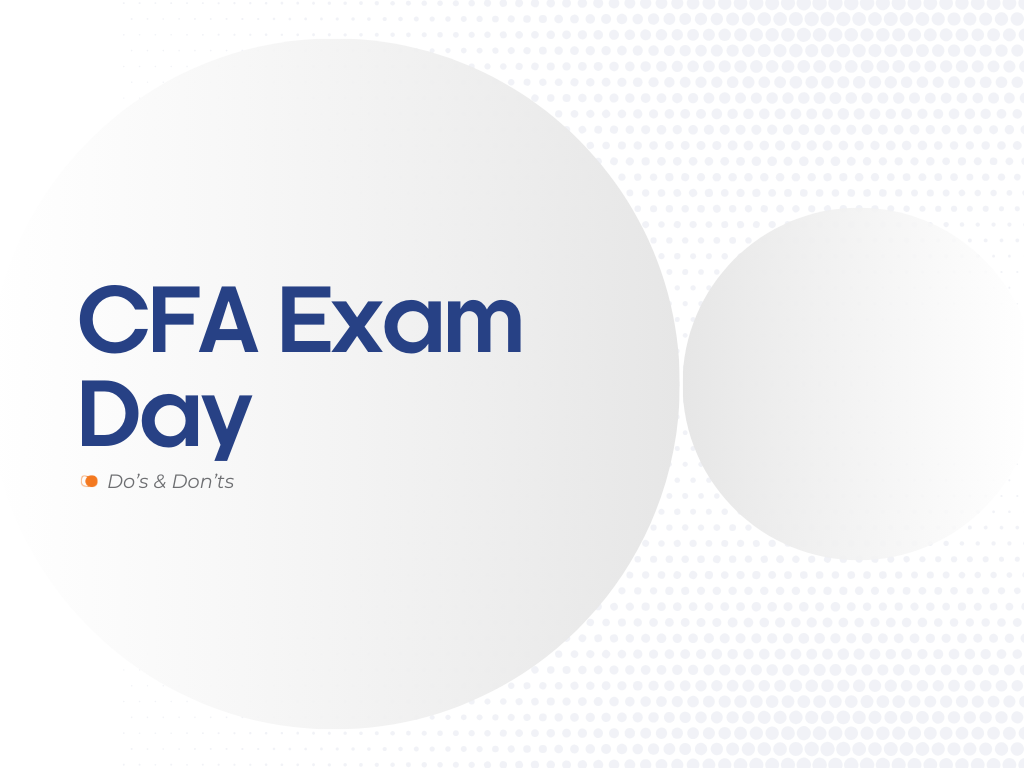
Preparing For CFA Exam Day
It is very natural for students to think that they have prepared enough. While recognizing that sufficient preparation has been accomplished, you may want to take a few mock tests.
17-12-2024
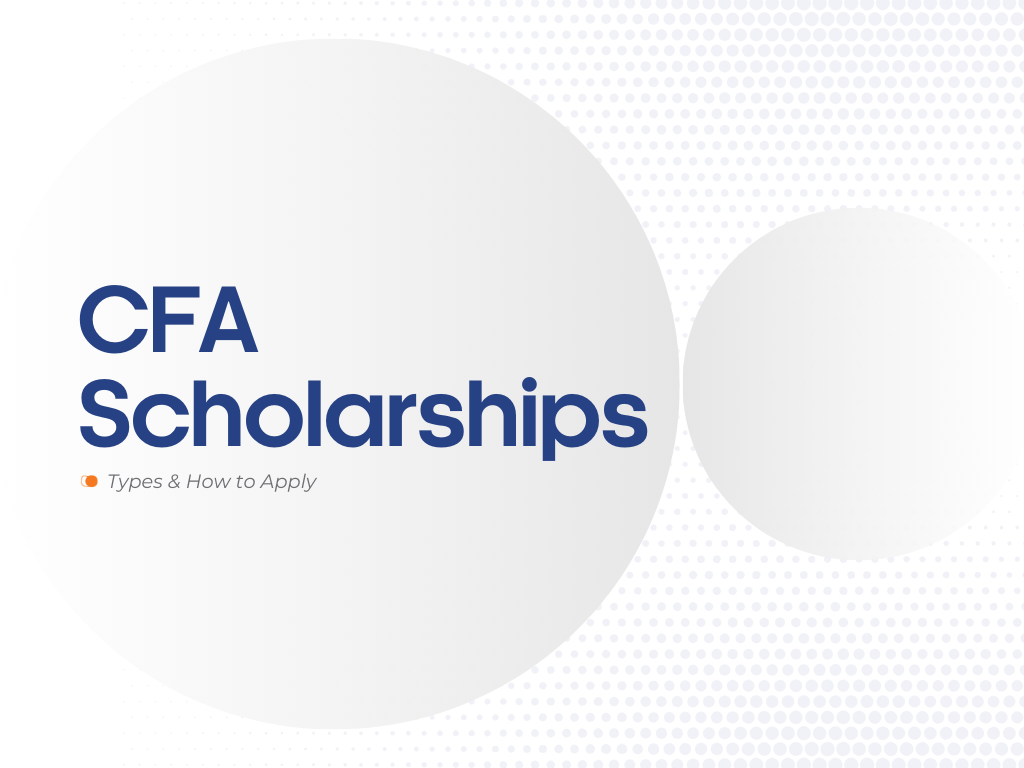
Understanding CFA Scholarships
Pursuing the CFA charter can significantly elevate your career, but the associated costs can be challenging.
10-09-2024
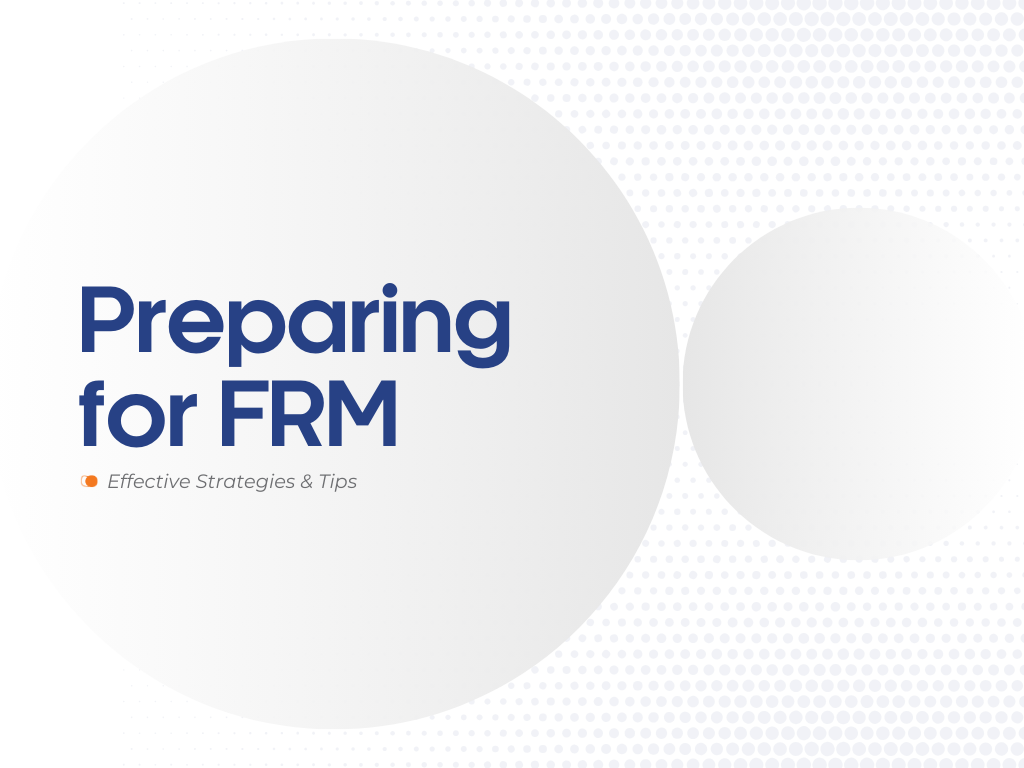
The best way to prepare for FRM
The financial world thrives on calculated risks. But without proper management, those risks can morph into crippling losses.
16-11-2024

Classes
Merchandise
© 2026 All Rights Reserved @Aswini Bajaj